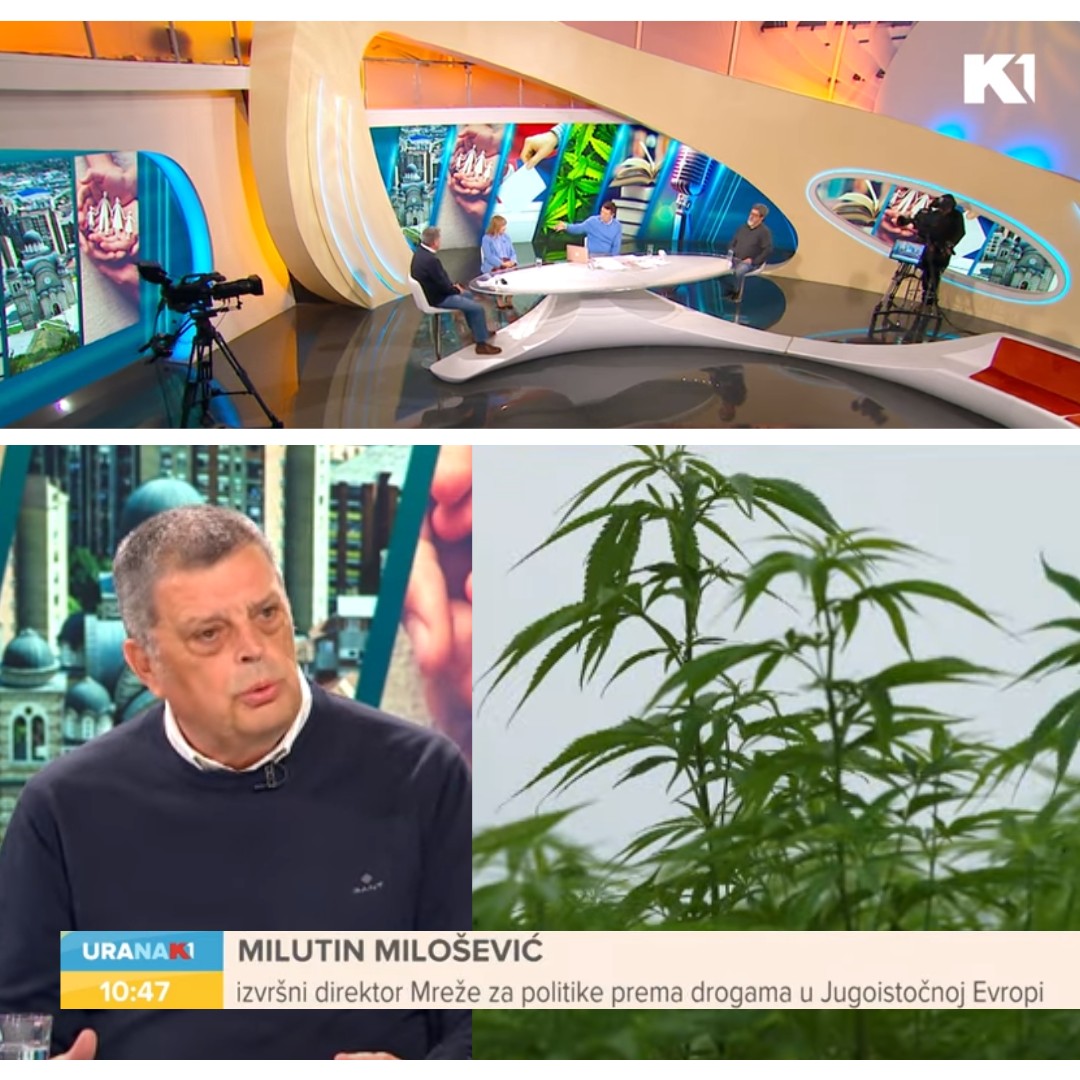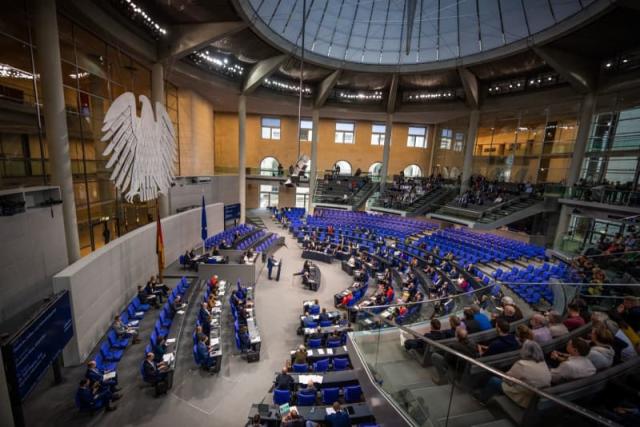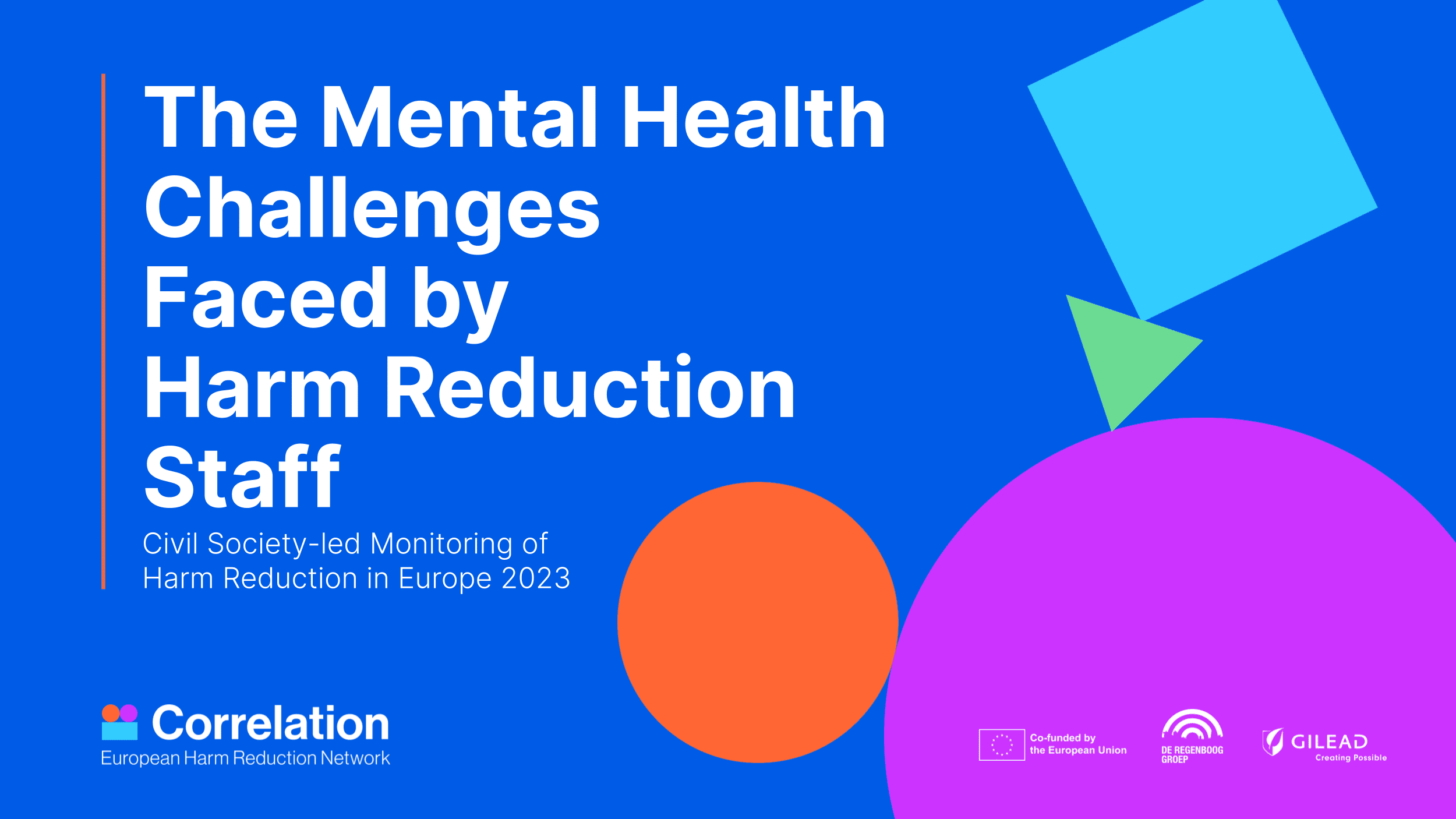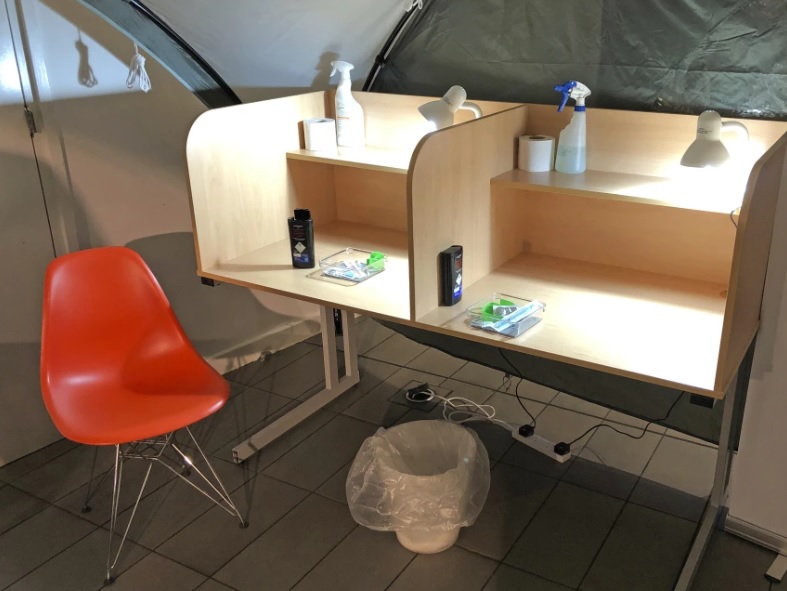The Correlation-European Harm Reduction Network (C-EHRN), the Eurasian Harm Reduction Association (EHRA), the Drug Policy Network South East Europe (DPNSEE), and the European Network of People Who Use Drugs (EuroNPUD) are pleased to announce a call for proposals.
This initiative aims to support local advocacy efforts of community-led and civil society organizations in Europe, enhancing access to comprehensive, people-centered health and harm reduction services for people who use drugs in European countries.
Applicants must be based in eligible countries, and proposed activities should align with the advocacy priorities stated in this call.
The Application form should be completed ONLINE.
Awarded grantees will receive ongoing mentorship support, the opportunity to participate in advocacy training, and a small grant of €3,000 for organizing advocacy-related activities, including policy dialogue meetings and events at the local level.
More information and application form are available at the BOOST webpage following this link>>>.








 The Belgrade Centre for Security Policy opened the Regional Youth Partnerships program aimed to develop the next generation of changemakers by providing exceptional opportunities to learn, create, share, and connect through a wide range of activities, such as:
The Belgrade Centre for Security Policy opened the Regional Youth Partnerships program aimed to develop the next generation of changemakers by providing exceptional opportunities to learn, create, share, and connect through a wide range of activities, such as:
 The aim of the meeting was to finalize the European Advocacy Strategy, ensuring comprehensive access to HIV, HCV, and TB services for people who use drugs, based on online dialogues and consultations with regional network governing bodies.
The aim of the meeting was to finalize the European Advocacy Strategy, ensuring comprehensive access to HIV, HCV, and TB services for people who use drugs, based on online dialogues and consultations with regional network governing bodies.

 Mayor Halsema told that regulation of drugs such as cocaine was the only way to reduce social damage. “If we continue to fight drugs and drug users, we will remain caught in a never-ending war on drugs,” she said, opening conference. “If we want to fight crime and the violence associated with the drug trade, we need to take the drug market away from the criminals. Not by creating a free market, but by taking a controlled, responsible approach. This will reduce drug-related crime, improve public health and the general wellbeing of our citizens and relieve our criminal justice system”.
Mayor Halsema told that regulation of drugs such as cocaine was the only way to reduce social damage. “If we continue to fight drugs and drug users, we will remain caught in a never-ending war on drugs,” she said, opening conference. “If we want to fight crime and the violence associated with the drug trade, we need to take the drug market away from the criminals. Not by creating a free market, but by taking a controlled, responsible approach. This will reduce drug-related crime, improve public health and the general wellbeing of our citizens and relieve our criminal justice system”.
